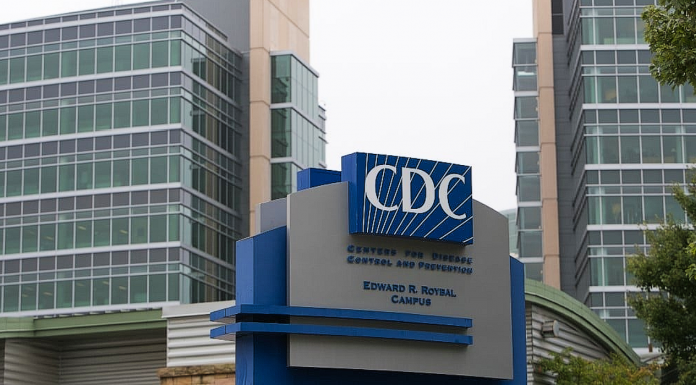The Centers for Disease Control and Prevention plans to hold an emergency meeting on June 18 to discuss reports of heart inflammation following doses of the coronavirus vaccine.
There have been several reports of myocarditis, meaning inflammation of the heart muscles, in young people and adolescents who received the shot.
The CDC revealed this week that it has identified 475 cases of myocarditis and pericarditis in people younger than 30 years old who received one of the coronavirus vaccines. The number of cases was higher in people ages 16-24 after the second vaccine dose, the CDC reported.
The agency said 41 of those with myocarditis symptoms were still experiencing its effects, 15 were still hospitalized, and three were in the intensive care unit.
As has been a familiar theme in the CDC’s handling of the pandemic, it seems to be proceeding with an overabundance of caution, according to CBS News.
Some noted that false-positives were a distinct possibility, due to the way the agency collects and categorizes its clinical COVID data.
“It’s a bit of an apples-to-oranges comparison because, again, these are preliminary reports,” said Tom Shimabukuro, a CDC vaccine safety official. “Not all these will turn out to be true myocarditis or pericarditis reports.”
Nonetheless, the CDC’s findings confirmed a study published last week in the journal Pediatrics, which highlighted seven cases of teenagers between ages 14 and 19 who developed symptoms of heart inflammation days after receiving their second dose of the Pfizer-BioNTech vaccine.
Marion Gruber, director of the Food and Drug Administration’s vaccine office, said during a recent meeting with CDC officials that these reports will need to be taken into consideration before the federal government approves the use of coronavirus vaccines for young children.
“Risk-benefit considerations to determine whether to issue an emergency use authorization for use of a COVID-19 vaccine into healthy pediatric individuals will need to account for this information, and risk-benefit consideration will likely be different, not only compared to those for adults, but also they may be different for younger versus older pediatric groups,” Gruber said.

